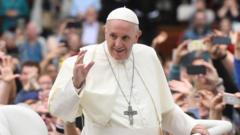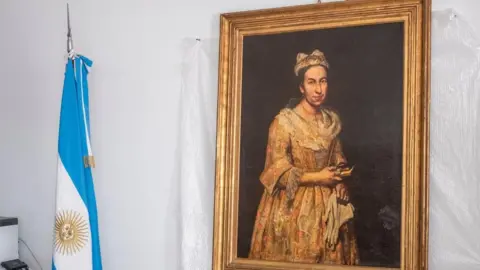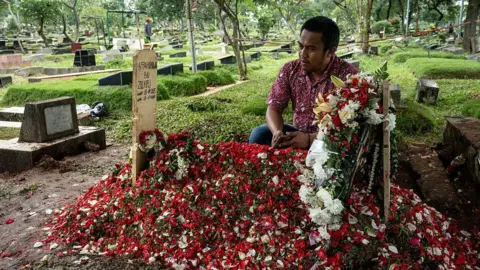Pope Francis, born Jorge Mario Bergoglio in Argentina, passed away at 07:35 local time (05:35 GMT), according to a statement from the Vatican. Known as the first Latin American pontiff, he returned to "the home of the Father" as expressed by Cardinal Farrell. His death follows a challenging recovery from double pneumonia, which had confined him to a hospital for five weeks.
The late pope’s commitment to social justice and speaking for the marginalized is echoed in the reactions from global leaders, including UK Archbishop Stephen Cottrell, who described him as a "holy man of God." French President Emmanuel Macron lauded his dedication to the vulnerable, while US Vice-President JD Vance shared condolences after meeting him on Easter Sunday.
In his final public address, Pope Francis, who often addressed critical global issues, emphasized the need for freedom of thought and expression, warning against the thirst for violence in a world rife with conflict. His passing marks a significant moment in the Catholic Church, whose governance will temporarily shift to the College of Cardinals as they prepare for the next conclave. With 138 of the 252 cardinals eligible to vote, the selection process for the next pope is now set in motion.
Francis’s papacy, noted for numerous reforms, made him a bridge between traditionalist views and progressive changes within the Church. As the first Jesuit and non-European pope in centuries, his influence extended beyond the Catholic community, resonating with advocates for peace and equality worldwide. Pope Francis leaves behind a legacy that will shape the Church’s future as it seeks to navigate a complex and evolving world.





















